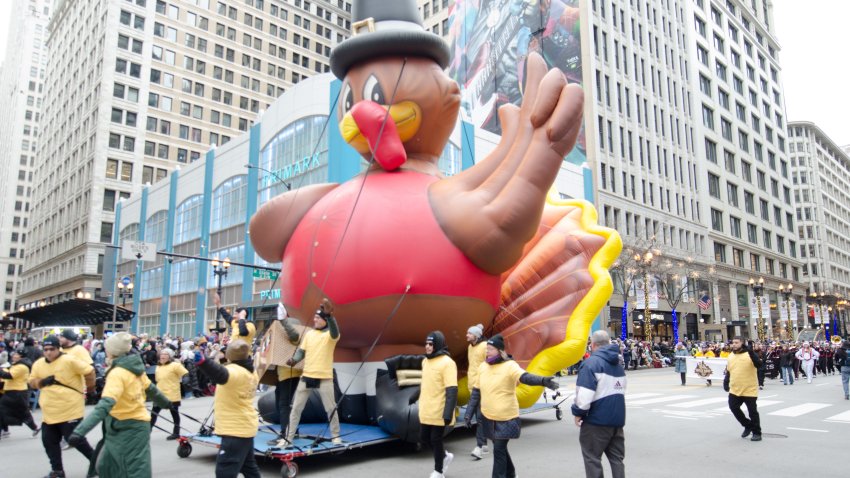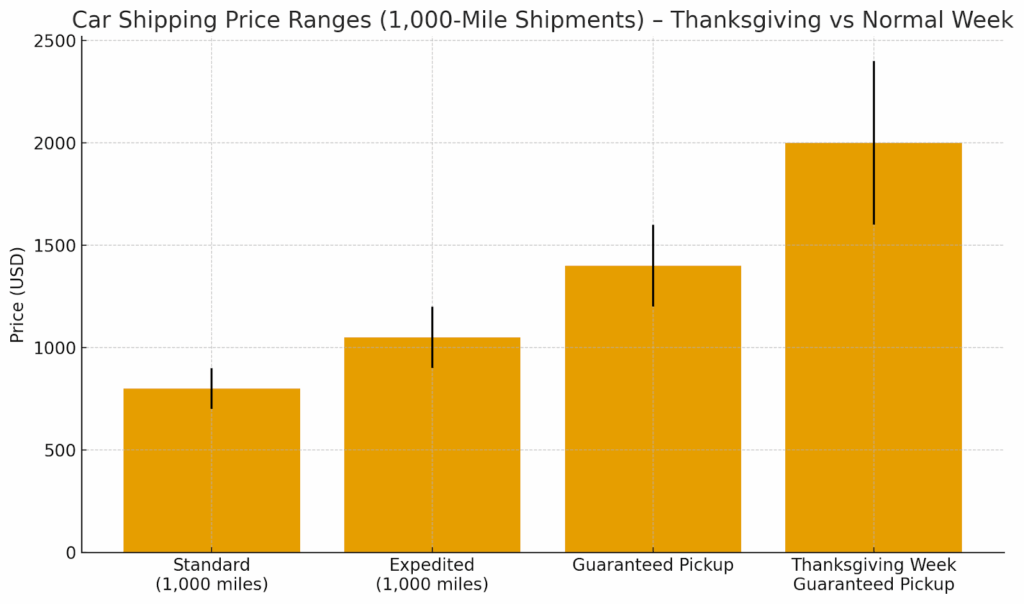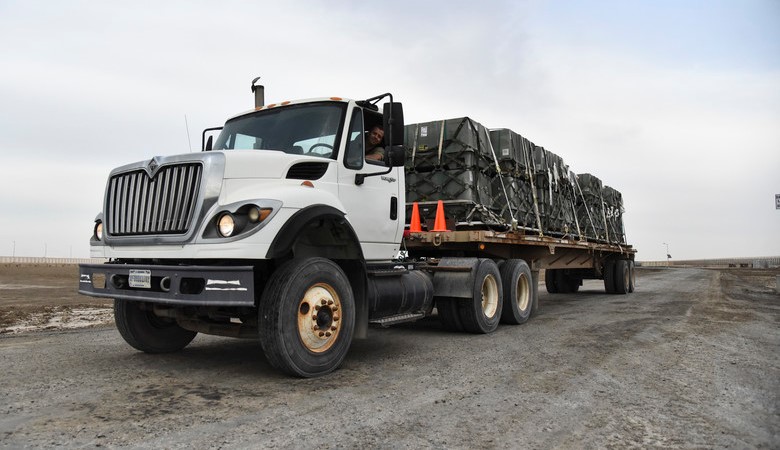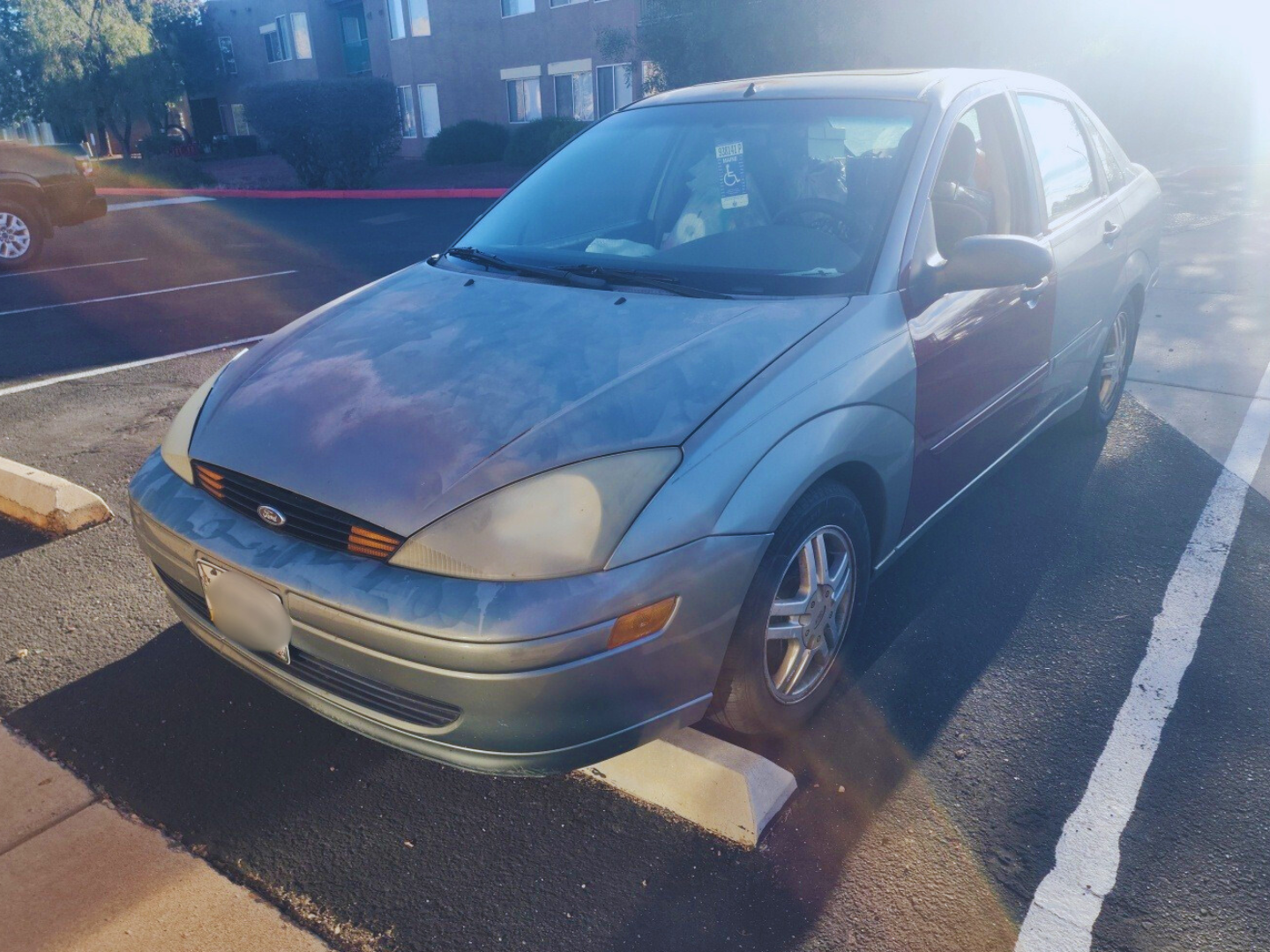One of my customers called three days before Thanksgiving last year, and she sounded rushed. She relocated from Phoenix to Boston, and she needed her car there by the weekend. “Can you guarantee it’ll be picked up before Thursday?“. That question comes up every year around this time, and the answer isn’t as simple as yes or no.
Thanksgiving week creates a unique situation in the auto transport industry. Family travel peaks, traffic doubles in major cities and carriers face their own holiday schedules. If you’re planning to ship a car during this period, you need to understand what “guaranteed pickup” actually means and why the costs look different than they do in July.
What “Guaranteed Pickup” Really Means
This service is perfect when you’re on a tight schedule, traveling soon, or simply can’t wait days for a standard pickup
The term “guaranteed pickup” seems quite easy to understand until you delve deep and find out that it isn’t just a phrase but a type of service. This service in the auto transport world means the carrier guarantees to pick up your vehicle within a particular time window; this is usually 24 to 72 hours from making the booking. The carrier will, in most cases, prioritize your order higher than the standard ones and often adjusts the route to accommodate the timeline of your pickup.
What it does not mean, however, is that it guarantees an exact hour of pickup or even the exact day. This is because force majeure circumstances, including but not limited to weather, traffic, and mechanical issues, can still affect timing.
Standard Booking and Guaranteed Pickup
Standard auto transport booking is on a first-available basis. You provide your available dates, and a carrier picks up your vehicle when their route aligns with your location. This generally takes 2 to 5 working days for scheduling; it sometimes may be longer during peak seasons.
Instead of waiting for a carrier’s schedule to match yours, the carrier adapts their schedule to match your needs. They do this by possibly:
- Decline other shipments in order to accommodate yours.
- Do a dry run to reach your location first.
- Rush through their current deliveries to make room for your pickup
Standard booking is cheaper because it creates less disturbance to the normal flow of the carrier’s operations, whereas the guaranteed pickup costs more because it demands immediate action and schedule changes. That premium service jumps significantly during Thanksgiving week, when the carriers are at their busiest.
I had an experience with one of our customers who booked standard service two weeks before Thanksgiving, thinking that was ample time. When his pickup window landed in front of the holiday, no carrier wanted to commit to it. He ended up paying for guaranteed pickup at nearly double the original quote, just to get a carrier to his door.
Why Does Thanksgiving Car Shipping Cost More?
Holiday pricing in auto transport follows simple supply and demand economics: more people need services, and fewer carriers want to work. The costs rise accordingly. But several specific factors drive up Thanksgiving week pricing higher than other holiday periods.
Heavy Traffic and Travel Congestion
Of all holidays, Thanksgiving generates the highest volume of travel in the United States. Those roads that carriers use routinely for efficient routing become parking lots. Interstate highways near major cities slow to a crawl from Tuesday evening through Sunday afternoon.
One carrier informed last year that his run from Atlanta to Charlotte took 19 hours the day before Thanksgiving. That lost time equates to fewer loads he can haul that week. In an effort to make up for reduced productivity, the carriers charge more per shipment.
Black Friday Crowds in Metropolitan Areas
Black Friday shopping traffic adds to the congestion problems in major corridors. These will be virtually impassable, adding even more delays that standard route planning can’t account for in carriers’ attempts to navigate through New York, Los Angeles, Dallas, or Miami.
One of the carriers we work with will not even schedule a pickup or delivery in Manhattan between Black Friday and Cyber Monday. The mix of holiday shoppers and delivery trucks makes vehicle transport almost impossible without losing a full day to city traffic.
Events and Parades in Metro Areas
Parades, such as those in New York, Chicago, Detroit and Philadelphia, close main streets to traffic. The Macy’s Thanksgiving Day Parade alone closes dozens of streets in Manhattan for much of Thursday. Chicago’s parade impacts the Loop district; Detroit’s America’s Thanksgiving Parade restricts access downtown for hours.
These events force carriers to reroute around entire city sections. A pickup that would normally take 45 minutes can stretch to three hours when factoring in parade-related closures and detours. Carriers price this risk into their holiday rates.
The Real Cost of Last-Minute Car Shipping Requests
Last-minute requests during Thanksgiving week command the highest premiums in the industry. When you book with less than 72 hours’ notice during peak travel season, the carriers know you have limited options; they price accordingly.
A standard 1,000-mile shipment costing $800 in October may run $1,200 when booked a week before Thanksgiving. That same shipment was booked two days before the holiday? Expect quotes around $1,800 to $2,200. The closer you get to the holiday, the fewer carriers remain available, and the higher the price climbs.
Driver Availability and Holiday Scheduling Conflicts
Carriers run small businesses. The drivers they employ have families, many of them plan time off around major holidays weeks in advance. By mid-November, the pool of available drivers shrinks as people commit to family plans.The carriers that do work through Thanksgiving week command premium rates. They’re sacrificing family time to meet customer needs. That sacrifice comes at a cost that gets passed to customers who need service during this period.

Breaking Down Expedited vs. Guaranteed Pickup Services
Auto transport comes with several different service levels, and knowing the differences helps you decide which one would be best for you and your budget.
Expedited service. The expedited service gives faster-than-normal pickup and delivery but does not guarantee specific times of delivery. A carrier prioritizes your order and speeds up the process, but you still work within the confines of their existing schedule. This generally costs 30% to 50% more than the standard transportation.
Guaranteed pickup locks in a specific pickup window and commits the carrier to meeting that timeline. This service level costs 50% to 100% more than standard transport, sometimes more during holidays.
Price Ranges and What to Expect
For a typical 1,000 mile shipments this is what we have:
- Standard service: $700-900
- Expedited service: $900-1,200
- Guaranteed pickup: $1,200-1,600
Thanksgiving week guaranteed pickup: $1,600-2,400

Actions Customers Need to Take Before Making a Booking
Before you pay for guaranteed or expedited service, check and confirm if your vehicle is accessible. If your car sits in a storage facility or an auction like Copart, that closes for the holiday, guaranteed pickup means nothing. Make sure someone can provide access when the carrier arrives.
Have all paperwork ready: Delays in providing vehicle registration, keys, or signed contracts can throw off even guaranteed service. Prepare documents (those documents that approve the final purchase of the car) in advance.
Clear communication channels. Give the carrier multiple ways to reach you. If they can’t confirm pickup details because you’re traveling, the guarantee becomes worthless.
Flexible location requirements: Some residential streets become inaccessible during holidays due to parking or local events. Having an alternate meeting spot ready prevents last-minute scrambles.
Book Earlier to Avoid the Last-Minute Rush
The best way to control the costs of a Thanksgiving week getaway is simple: book early. Every day you wait closer to the holiday reduces your options and increases your costs.
Booking two to three weeks before Thanksgiving gives the carriers time to plan routes around holiday travel. You avoid the panic premium that comes with last-minute requests. Most standard bookings made by early November complete without needing to upgrade to guaranteed service.
What First-Time Car Shippers Should Check
First-time car shippers should be cautious during Holiday rushes like Thanksgiving. High demand draws both reliable carriers and scams, and the urgency customers feel can make them easier targets
- Verify That You Are Not Being Scammed
Start with the company’s Motor Carrier (MC) number and DOT number. Every legitimate auto transport company operating in the United States must register with the Federal Motor Carrier Safety Administration (FMCSA). These numbers verify the company exists and maintains proper licensing.
Visit the FMCSA website at safer.fmcsa.dot.gov and search for the company’s DOT number. This database shows their safety rating, insurance status, and operating authority. A company with no FMCSA record should never touch your vehicle.
- FMCSA Registration and Insurance Verification Checklist
- Use this checklist when vetting any auto transport company:
- Check FMCSA registration status. Confirm the company holds active operating authority. The database will show if their authority is active, suspended, or revoked.
- Verify insurance coverage. The FMCSA database lists current insurance providers and coverage amounts. Legitimate carriers maintain at least $750,000 in cargo insurance and $1 million in liability coverage.
- Review safety ratings. The database shows inspection results, accidents, and violations. A company with numerous recent violations presents higher risk.
- Reading Reviews Across Multiple Platforms
Don’t rely on a single review source. Scam companies can fake reviews on their own websites or pay for positive reviews on some platforms. Check multiple sources:
Google Reviews show verified customer experiences and often include photos. Look for detailed reviews that describe specific experiences rather than generic praise.
Better Business Bureau (BBB) listings show complaint history and how companies respond to problems. A company with an F rating and dozens of unresolved complaints is a clear red flag.
Transport Reviews and similar industry-specific sites collect reviews from verified customers. These platforms make it harder to post fake reviews.
Reddit and online forums often contain unfiltered discussions about auto transport experiences. Search for the company name on r/AutoTransport or similar communities.
Pay attention to how companies respond to negative reviews. Legitimate businesses acknowledge problems and explain their resolution process. Companies that attack reviewers or make excuses for every complaint show poor customer service practices.
Suggested Internal Links:
Please Note: Pricing and timeframes mentioned in this article reflect current market conditions as of November 2025 and may vary based on specific routes, vehicle types, and market fluctuations.





